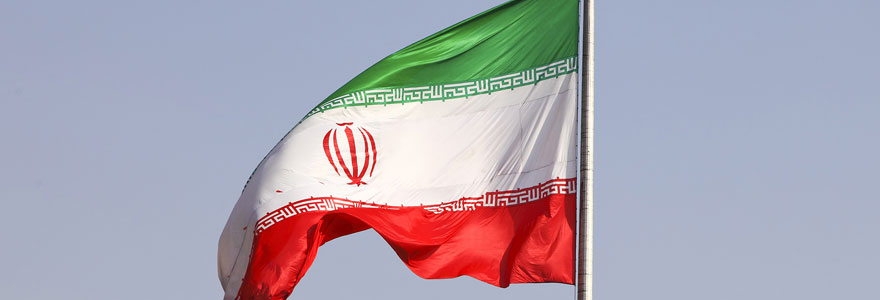
Iran is an Islamic republic located in the Middle East. It is famous for its strong religious beliefs that may seem controversial to some. In the country, almost all the citizens are Muslims or followers of the Islam religion. Religion defines Iran's daily life. Aside from this, Iran also has a rich culture of art, music, architecture, cuisine and poetry. These religious beliefs have led Iranians to undermine fundamental human rights, especially women's rights. However, some brave women are advocating for women's rights in Iran. Visit Maryam-rajavi.com to learn more about the Iranian Resistance's viewpoints on women's rights in tomorrow's Iran.
Do women have any rights in Iran?
Compared to the olden days, women's and girls' rights in Iran have improved. Now women have a certain degree of independence and self-determination. However, there are specific laws in place that violate women's and girls' rights regarding reproductive health. These laws put women's lives at risk.
For instance, on November 1st 2021, Iran's Guardian Council passed into law the "rejuvenation of population and support of family" bill. This bill stipulates that sterilization has been outlawed. Further, the bill forbids the free distribution of contraceptives in public health care apparatus. In addition, the bill also limits public access to contraception. This bill was instituted to increase Iran's population. However, it is also instrumental in attacking a woman's fundamental reproductive rights. This population bill undermines women's rights in Iran and denies them access to critical health care information.
Iran has been ranked 116 out of 153 countries in terms of legal discrimination against women's rights. In the country, women's and girls' rights change according to the government in power. It is clear that in Iran, women are treated as second-class citizens compared to men.
Freedom of expression, association and assembly
Iranian authorities have heavily undermined these rights. The country's Minister of Interior and security banished independent political parties, civil society groups, and civil rights in recent events. Furthermore, there has been intense censorship of media and jamming of television stations based abroad. It is also interesting to note that Facebook, Instagram and Twitter remain prohibited.
The country's administration has seen the detainment of many people for peacefully exercising their civil rights. Protesters, reporters, writers and civil rights activists have been unlawfully imprisoned. The infringement does not stop there. Family members of these protesters, activists, and reporters have been intimidated, interrogated and even detained for their participation in protests.
Torture and mistreatments
During interrogation, orthodox means are employed. Iran's police and law enforcement agencies subject the detainees to prolonged hours in solitary confinement, floggings, beatings, and even exposure to electric shocks. Furthermore, prisoners held on account of politically motivated reasons are denied access to healthcare when they take ill.
The country's Penal Code institutes corporal punishments that may amount to torture, amputation, crucifixion, blinding, flogging or even stoning.
According to data from the Boroumand Center, at least 160 people have been sentenced to flogging for minor crimes. In addition, individuals found guilty of participating in same sex relationships, extramarital affairs or holding mixed gender parties are subject to the penal code.
In other instances, some people have died in mysterious circumstances.
Unfair trials
Across the world, it is a fundamental right to have a fair trial when arrested. In Iran, however, this is not the case. Authorities have denied individuals charged with national security violations access to a lawyer at investigation. They have also been denied a lawyer in several instances during the trial.
Many of these trials happen in closed doors, which only leaves room for speculation over what happens in these sessions.
Many prisoners have also been victims of torture and therefore give false confessions. These confessions are aired on television before trials, which is used as evidence.
Right to health
Prisoners also have a right to medical attention. In Iran, prisons are in a deplorable state that is inhuman. Prisoners suffer from water shortages, overcrowding, inadequate beds and poor ventilation. These poor conditions subsequently lead to the outbreak of diseases, and in many cases, prisoners are not treated by a physician.
Some prisoners also complain about improper use of bleach, which leads to asthma attacks and severe coughs.
Violence against women and girls
Iran has morality police who also double up as vigilantes. These individuals have the sole purpose of subjecting women and girls to violent attacks and daily harassment. Many women defenders are imprisoned. There have also been campaigns against forced veiling. Participants of these events are detained and tortured.
Lawmakers continue failing to criminalize domestic violence, forced marriage, rape, among other forms of gender based violence against women and girls. Shockingly, in Iran, the legal age of marriage is 13. Subsequently, over 30,000 girls under 14 get married annually.